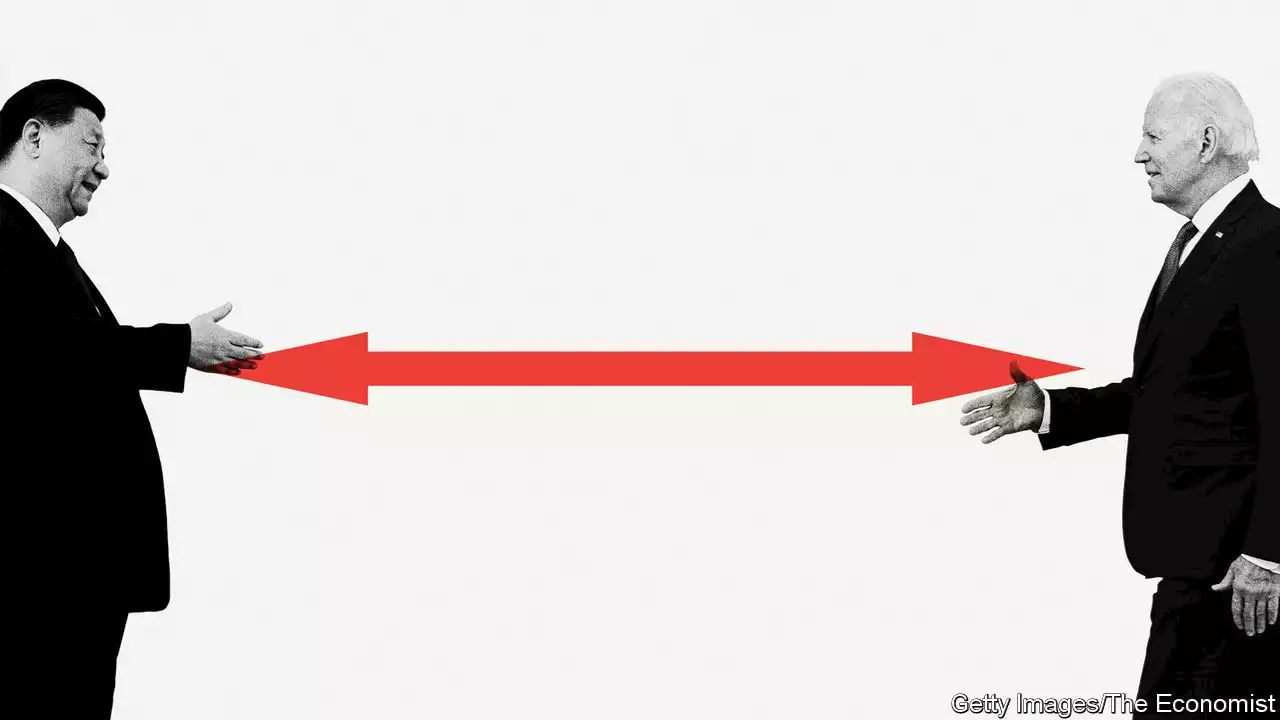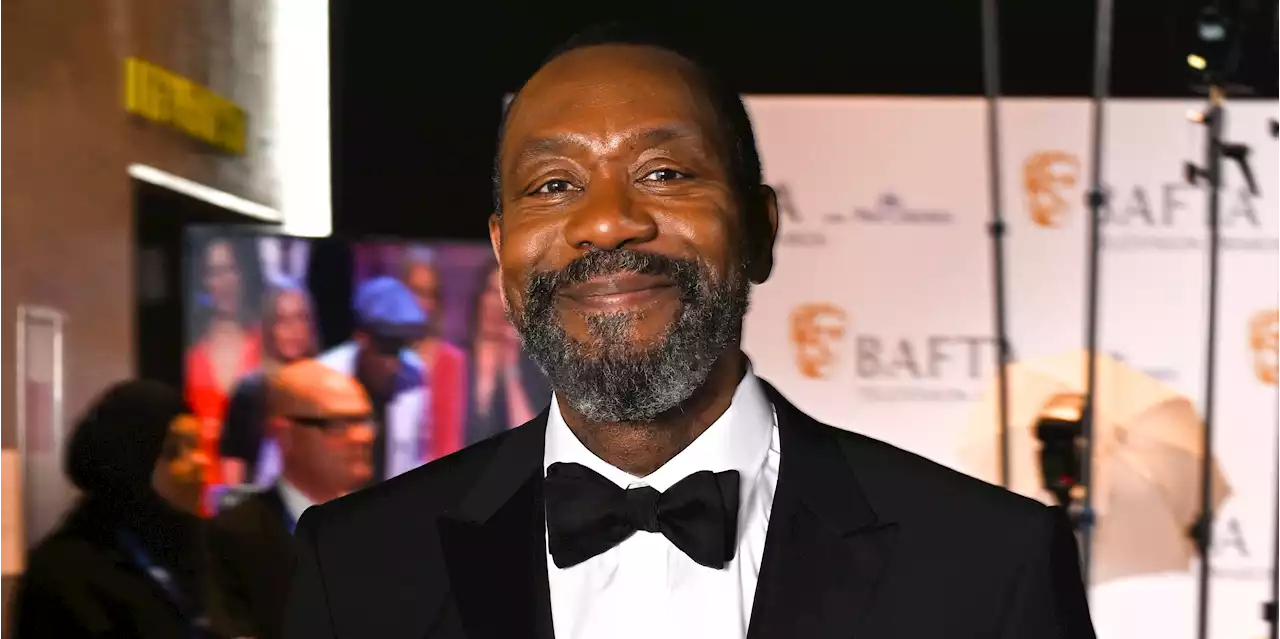At the end of April, we spoke to Henry Kissinger for more than eight hours about how to prevent the contest between China and America from descending into war. He believes the rapid progress of AI, in particular, leaves them only five-to-ten years:
He believes that China’s leadership resents Western policymakers’ talk of a global rules-based order, when what they really mean is America’s rules and America’s order. China’s rulers are insulted by what they see as the condescending bargain offered by the West, of granting China privileges if it behaves . Indeed, some in China suspect that America will never treat it as an equal and that it’s foolish to imagine it might.
One natural American response to the challenge of China’s ambition is to probe it, as a way to identify how to sustain the equilibrium between the two powers. Another is to establish a permanent dialogue between China and America. China “is trying to play a global role. We have to assess at each point if the conceptions of a strategic role are compatible.” If they are not, then the question of force will arise.
The fear of war creates grounds for hope. The trouble is that neither side has much room to make concessions. Every Chinese leader has asserted his country’s connection to Taiwan. At the same time, however, “the way things have evolved now, it is not a simple matter for the United States to abandon Taiwan without undermining its position elsewhere.”
In a recent speech Janet Yellen, America’s treasury secretary, suggested that these should include climate change and the economy. Mr Kissinger is sceptical about both. Although he is “all for” action on the climate, he doubts it can do much to create confidence or help establish a balance between the two superpowers. On the economy, the danger is that the trade agenda is hijacked by hawks who are unwilling to give China any room to develop at all.
China’s president, Xi Jinping, only recently contacted Volodymyr Zelensky, his Ukrainian counterpart, for the first time since Russia invaded Ukraine in February last year. Many observers have dismissed Mr Xi’s call as an empty gesture designed to placate Europeans, who complain that China is too close to Russia.
To establish a lasting peace in Europe requires the West to take two leaps of imagination. The first is for Ukraine to join, as a means of restraining it, as well as protecting it. The second is for Europe to engineer a rapprochement with Russia, as a way to create a stable eastern border. “[We live] in a world of unprecedented destructiveness,” Mr Kissinger warns. Despite the doctrine that a human should be in the loop, automatic and unstoppable weapons may be created. “If you look at military history, you can say, it has never been possible to destroy all your opponents, because of limitations of geography and of accuracy. [Now] there are no limitations. Every adversary is 100% vulnerable.”cannot be abolished.
The problem for Mr Kissinger is the corollary, which is that moral principles too often override interests—even when they will not produce desirable change. He acknowledges that human rights matter, but disagrees with putting them at the heart of your policy. The difference is between imposing them, or saying that it will affect relations, but the decision is theirs.
He recalls the example of Winston Lord, a member of his staff in the Nixon administration. “When we intervened in Cambodia, he wanted to quit. And I told him, ‘You can quit and march around this place carrying a placard. Or you can help us solve the Vietnam war.’ And he decided to stay… What we need [is] people who make that decision—that they’re living in this time, and they want to do something about it, other than feel sorry for themselves.
“I think Trump and now Biden have driven [animosity] over the top,” Mr Kissinger says. He fears that a situation like Watergate could lead to widespread violence and that America lacks leadership. “I don’t think Biden can supply the inspiration and…I’m hoping that Republicans can come up with somebody better,” he says. “It’s not a great moment in history,” he laments, “but the alternative is total abdication.
Ireland Latest News, Ireland Headlines
Similar News:You can also read news stories similar to this one that we have collected from other news sources.
 China Is Aggressively Expanding Its Influence In Latin America | OilPrice.comChina has been aggressively expanding its influence in Latin America for years, and it is now challenging U.S. hegemony in the region.
China Is Aggressively Expanding Its Influence In Latin America | OilPrice.comChina has been aggressively expanding its influence in Latin America for years, and it is now challenging U.S. hegemony in the region.
Read more »
 The fault lines in America’s China policyPerhaps fearing that it has let relations with China sour too quickly, the Biden administration is trying to pull back
The fault lines in America’s China policyPerhaps fearing that it has let relations with China sour too quickly, the Biden administration is trying to pull back
Read more »
 Sir Lenny Henry announced for brand-new Channel 4 seriesLenny is set to meet some comedy legends.
Sir Lenny Henry announced for brand-new Channel 4 seriesLenny is set to meet some comedy legends.
Read more »
